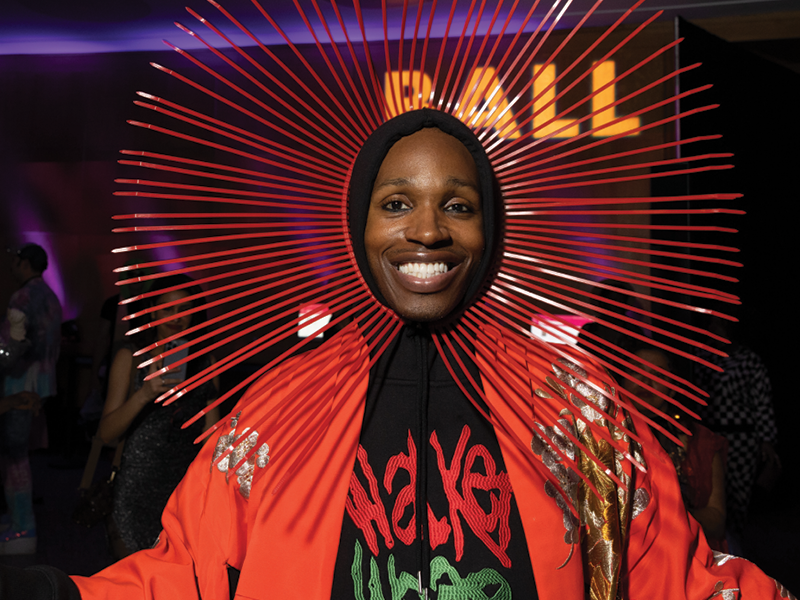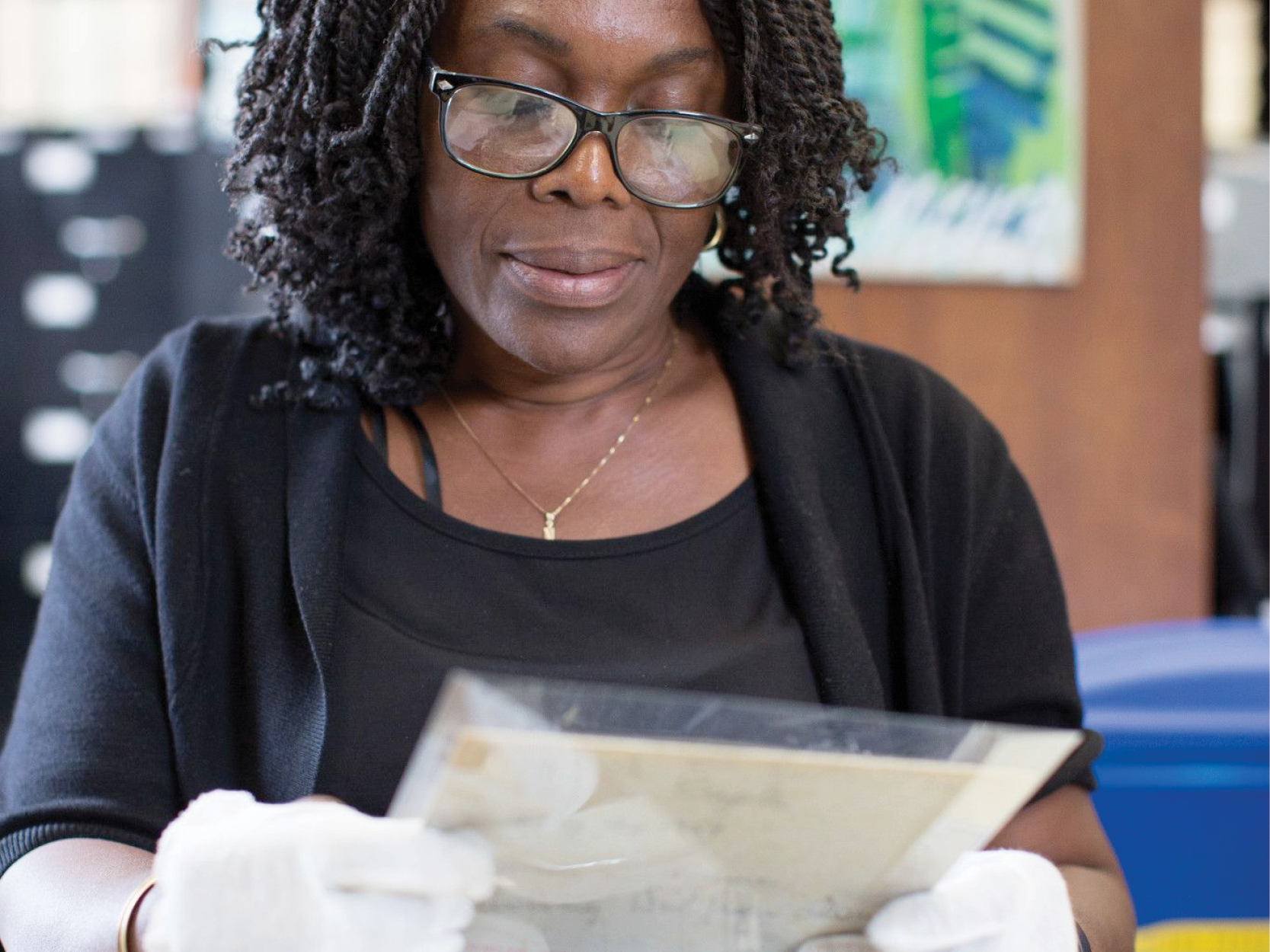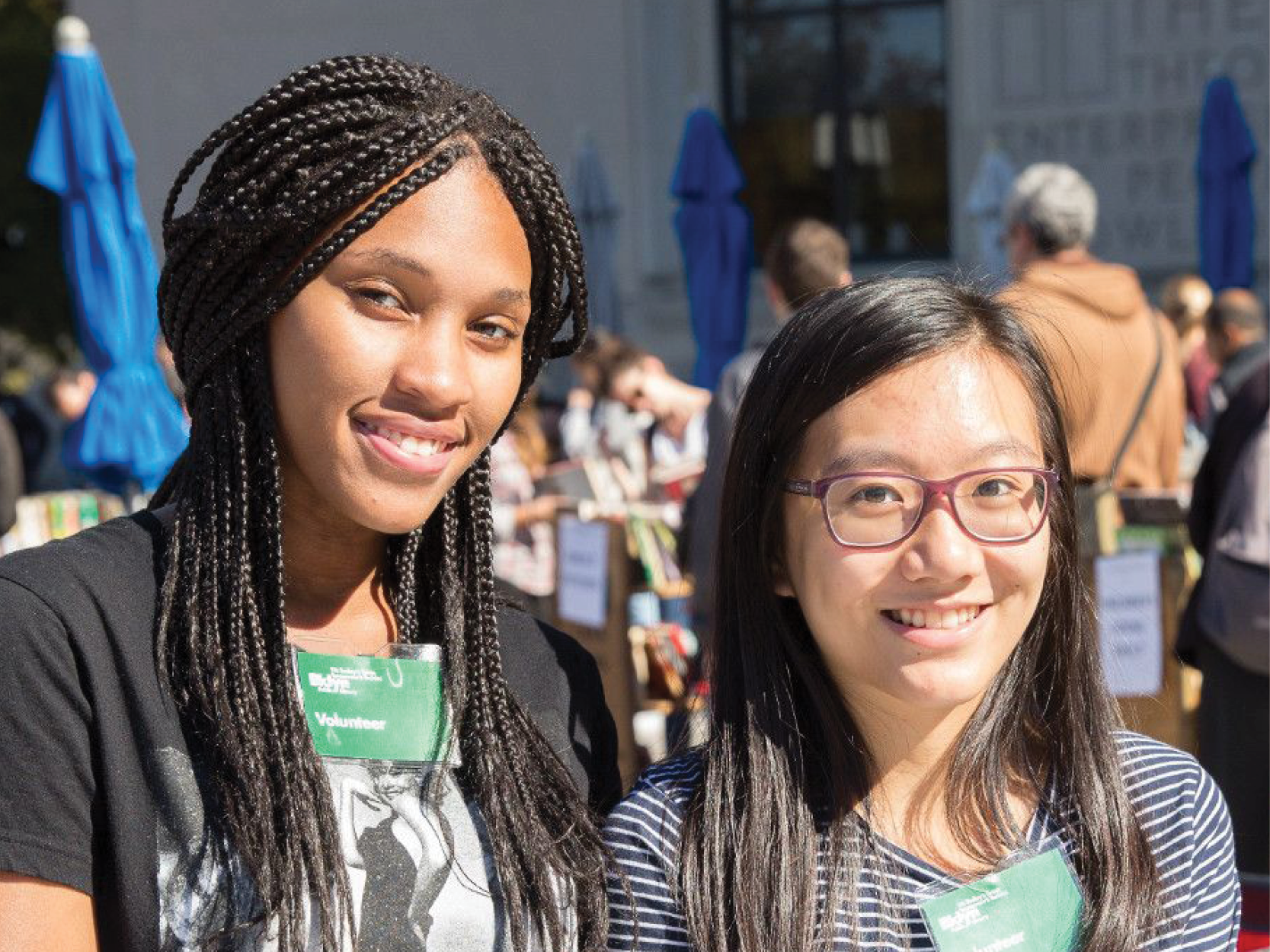The Writhing Society: A Salon for Constrained Writing Techniques
The Writhing Society meets to practice and discuss the techniques of constrained writing. We practice the methods invented by ourselves and by other writers, artists, musicians, and mathematicians. Today's exercise: "Citizens Untied:"
The name “Citizens United” evokes people coming together to create a collective force to balance out or counter a large, opposing force. The name evokes “union”—an organized association of workers formed to protect and further their rights and interests. Even citizensunited[dot]com claims Citizens United is “dedicated to restoring our government to citizen’s control.”
Politics is full with humane sounding slogans that are designed to make you believe the opposite of what these words hide is true, at least to last long enough for it to take hold, before The People realize they’ve been had. “Citizens United” is shorthand for a landmark 2010 Supreme Court case granting corporations, nonprofits, and unions unlimited political spending power, dramatically and effectively reducing the voting powers of citizens, and citizenry as a united bloc.
Even the innocuous opening words of the constitution: “We the people…” are pretty charged as well. Linguistically the meaning of these three words have changed little or not at all since they were written more than 200 years ago. However, what was meant by “We” and by “the People” depended and still depends on who speaks the words. The writers of the constitution, all male and all white had most definitely a different idea of who ‘we’ connoted than what their wives, and women in general, and Native Americans, and slaves would have said if they’d been asked for their opinion. Thomas Jefferson wrote in the Declaration of Independence that ‘all men are created equal.' Did ‘men’ include ‘womankind’? Did ‘all’ mean ‘from any background?’, and does ‘equal’ refer to certain unalienable Rights?
Let’s unpack all of this self-serving word-smithing in Oulipian ways by crafting responses with n+7 (Claimants United), anagrams (It cuts I, denizen) or translations applying centos using lines from newspaper articles, Adrienne Rich’s poem, the constitution, or any given texts of your liking (bring them in, or find them in the library). We’ll have Raymond Queneau’s “Exercises in Style” available for perusal, as well as dictionaries, and the “Oulipo Compendium,” by Alastair Brotchie and Harry Mathews. Let’s unpack “Tax reform,” “The land of the free,” “correctional facility,” “for your convenience,” “this offer expires in 24 hours,” or any doublespeak of your disliking.
The Writhing Society combines a class with a salon. In a two-hour session, you can expect a few minutes of introductions and explanations, an hour plus of silent writing, and a half-hour or so in which we will read our work aloud. Then, if there's a little time left for questions and discussion, we'll do that. If you know nothing about writing with constraints, if you do not think of yourself as knowing much about writing, come anyway. No prior knowledge required. This is nothing like your ordinary writing workshop. We work in a relaxed, supportive, playful atmosphere, and we welcome new members.
What are constraints? Constraints are rules, specific and arbitrary, that drive you to say what you hadn’t expected to say in ways you never would have chosen to say it. Constrained writing always involves a collaboration of languages: yours and someone else’s. It allows you to take directions from something outside yourself. In a world where forms of expression thought to be “free” in fact come ready-made from the discourses of powerful groups, composing with constraints becomes a disciplined practice for escape, from these or from oneself, and a source of fresh ideas.

The Writhing Society meets to practice and discuss the techniques of constrained writing. We practice the methods invented by ourselves and by other writers, artists, musicians, and mathematicians. Today's exercise: "Citizens Untied:"
The name “Citizens United” evokes people coming together to create a collective force to balance out or counter a large, opposing force. The name evokes “union”—an organized association of workers formed to protect and further their rights and interests. Even citizensunited[dot]com claims Citizens United is “dedicated to restoring our government to citizen’s control.”
Politics is full with humane sounding slogans that are designed to make you believe the opposite of what these words hide is true, at least to last long enough for it to take hold, before The People realize they’ve been had. “Citizens United” is shorthand for a landmark 2010 Supreme Court case granting corporations, nonprofits, and unions unlimited political spending power, dramatically and effectively reducing the voting powers of citizens, and citizenry as a united bloc.
Even the innocuous opening words of the constitution: “We the people…” are pretty charged as well. Linguistically the meaning of these three words have changed little or not at all since they were written more than 200 years ago. However, what was meant by “We” and by “the People” depended and still depends on who speaks the words. The writers of the constitution, all male and all white had most definitely a different idea of who ‘we’ connoted than what their wives, and women in general, and Native Americans, and slaves would have said if they’d been asked for their opinion. Thomas Jefferson wrote in the Declaration of Independence that ‘all men are created equal.' Did ‘men’ include ‘womankind’? Did ‘all’ mean ‘from any background?’, and does ‘equal’ refer to certain unalienable Rights?
Let’s unpack all of this self-serving word-smithing in Oulipian ways by crafting responses with n+7 (Claimants United), anagrams (It cuts I, denizen) or translations applying centos using lines from newspaper articles, Adrienne Rich’s poem, the constitution, or any given texts of your liking (bring them in, or find them in the library). We’ll have Raymond Queneau’s “Exercises in Style” available for perusal, as well as dictionaries, and the “Oulipo Compendium,” by Alastair Brotchie and Harry Mathews. Let’s unpack “Tax reform,” “The land of the free,” “correctional facility,” “for your convenience,” “this offer expires in 24 hours,” or any doublespeak of your disliking.
The Writhing Society combines a class with a salon. In a two-hour session, you can expect a few minutes of introductions and explanations, an hour plus of silent writing, and a half-hour or so in which we will read our work aloud. Then, if there's a little time left for questions and discussion, we'll do that. If you know nothing about writing with constraints, if you do not think of yourself as knowing much about writing, come anyway. No prior knowledge required. This is nothing like your ordinary writing workshop. We work in a relaxed, supportive, playful atmosphere, and we welcome new members.
What are constraints? Constraints are rules, specific and arbitrary, that drive you to say what you hadn’t expected to say in ways you never would have chosen to say it. Constrained writing always involves a collaboration of languages: yours and someone else’s. It allows you to take directions from something outside yourself. In a world where forms of expression thought to be “free” in fact come ready-made from the discourses of powerful groups, composing with constraints becomes a disciplined practice for escape, from these or from oneself, and a source of fresh ideas.
Brooklyn Public Library - Central Library, Info Commons, Room 7 MM/DD/YYYY 60






